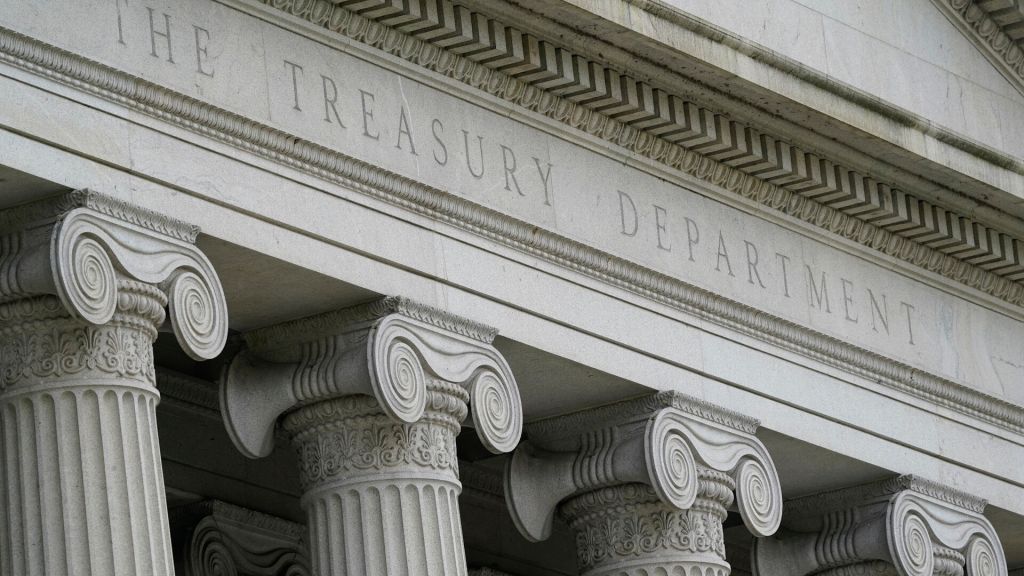The Treasury Department and the White House Office of Management and Budget (OMB) released the final budget results for fiscal year (FY) 2021 Friday, which showed progress on managing the United States deficit. According to the report, the U.S. added $2.77 trillion to the national deficit in 2021. While that is the second highest year-to-year deficit ever, it is also an improvement from last year’s record high.
“The deficit in FY 2021 was $360 billion less than in the prior fiscal year, reflecting an improved economy due in part to the American Rescue Plan Act of 2021 and COVID-19 vaccination rollout,” the Treasury Department said in a press release. “As a percentage of GDP, the deficit was 12.4%, a decrease from 15% in FY 2020.”
The 2020 deficit was the highest in relation to the overall economy since World War II, when it hit 29.6% of GDP in 1943 as the United States was borrowing heavily to finance the war effort. The deficits in 2020 and 2021 reflect trillions of dollars in government spending to counteract the pandemic.
According to the joint report, government spending increased 4.1% from 2020 to $6.82 trillion in 2021. However, this was offset by an increase of 18.3% in government revenues.
“Today’s joint budget statement is further evidence that America’s economy is in the midst of a recovery,” Treasury Secretary Janet Yellen said in the press release.
The non-partisan Congressional Budget Office (CBO) expects the yearly deficit will continue to progress in the right direction, falling to $1.15 trillion for FY22, which began Oct. 1. The yearly deficit is expected to dip below $1 trillion for three years from 2023 through 2025 before rising again above $1 trillion for each year through 2031. Despite the predicted improvement, Yellen did have a warning Friday.
“While the nation’s economic recovery is stronger than those of other wealthy nations, it is still fragile,” Yellen said.
Friday’s report comes ahead of an expected battle over the debt ceiling in December. Congress reached a short-term deal to temporarily raise the debt ceiling earlier this month, after weeks of fighting in the Senate.
One of the reasons a long-term debt ceiling solution has not been reached is concerns Senate Republicans have about the effect President Joe Biden’s infrastructure bill and larger spending package would have on the deficit. The CBO’s estimate did not factor in either of the two bills passing.







